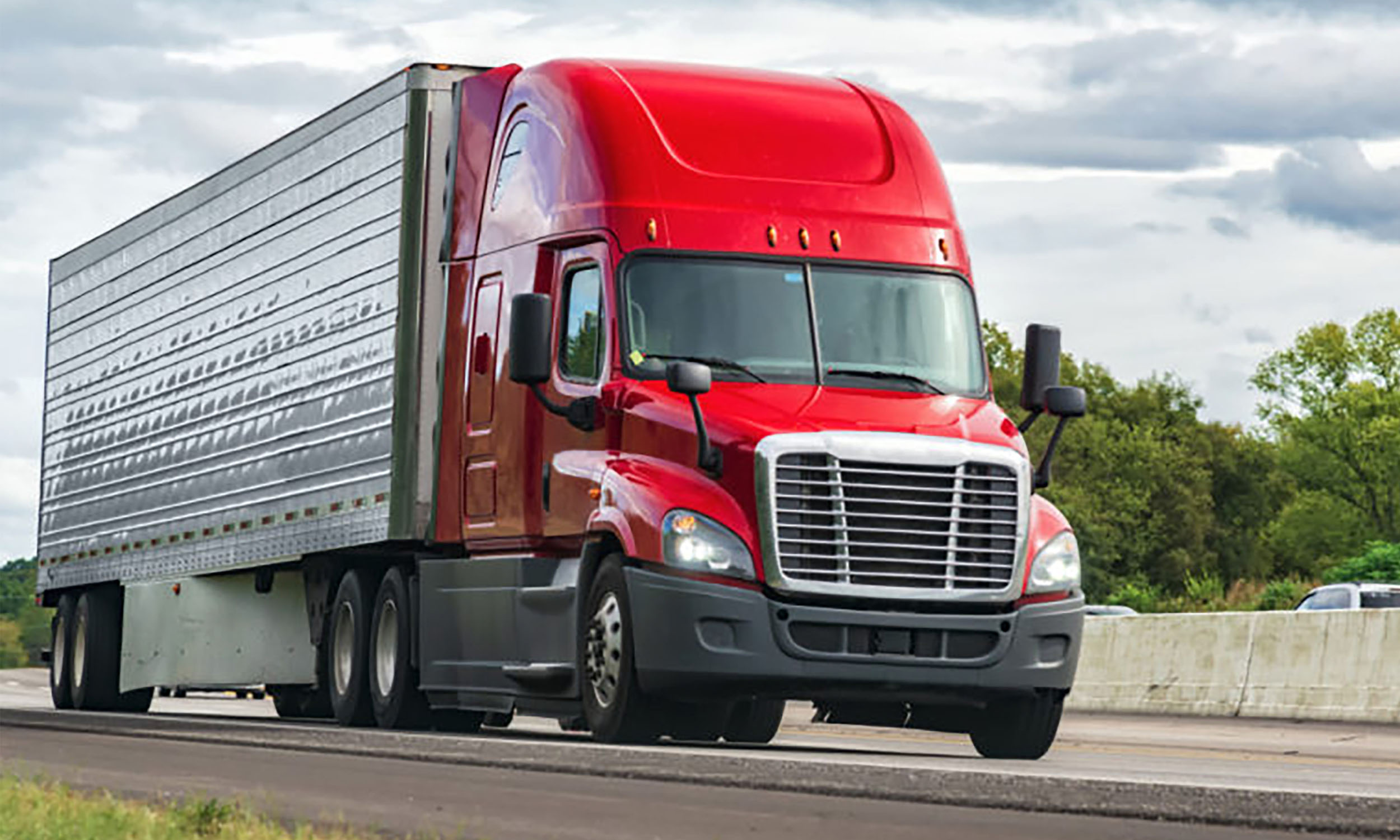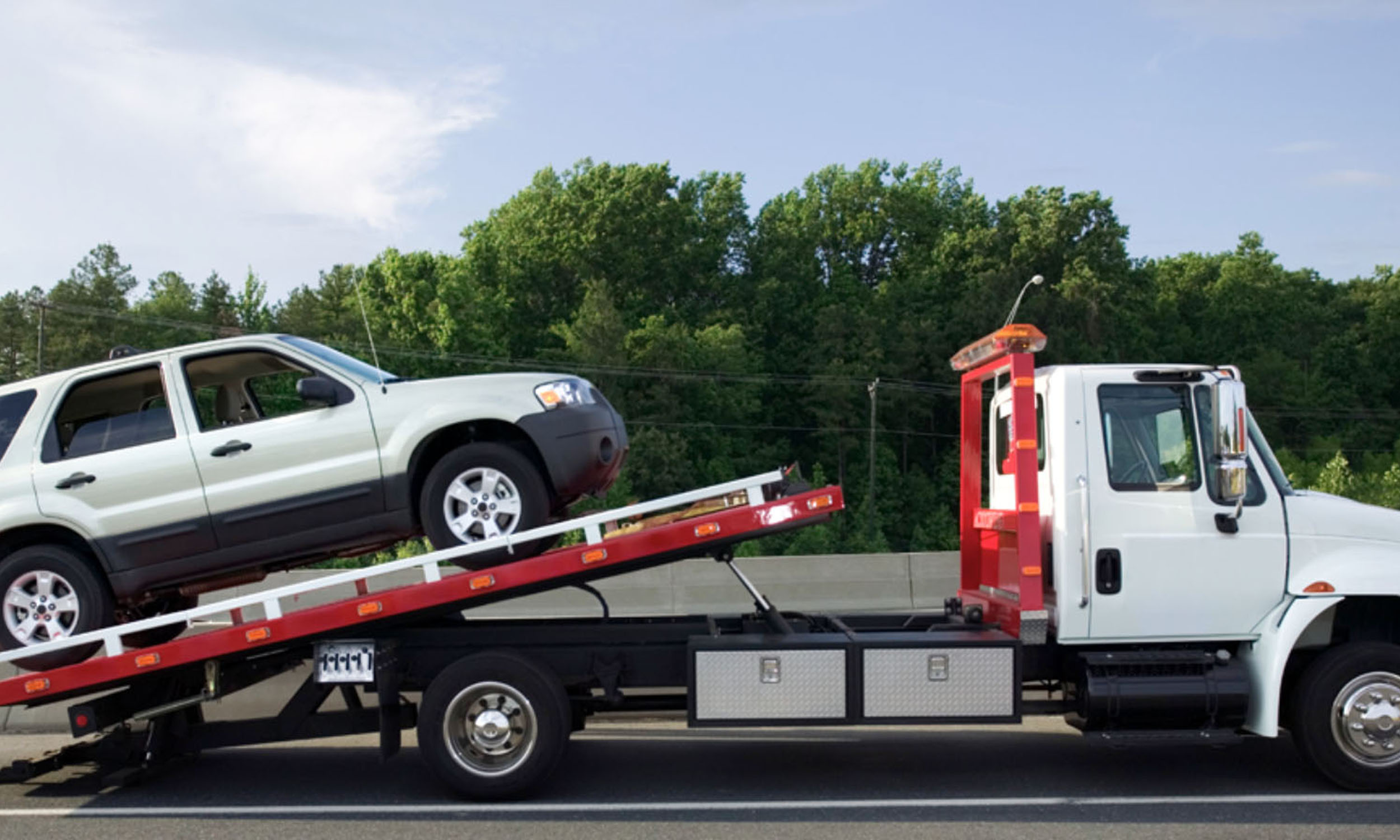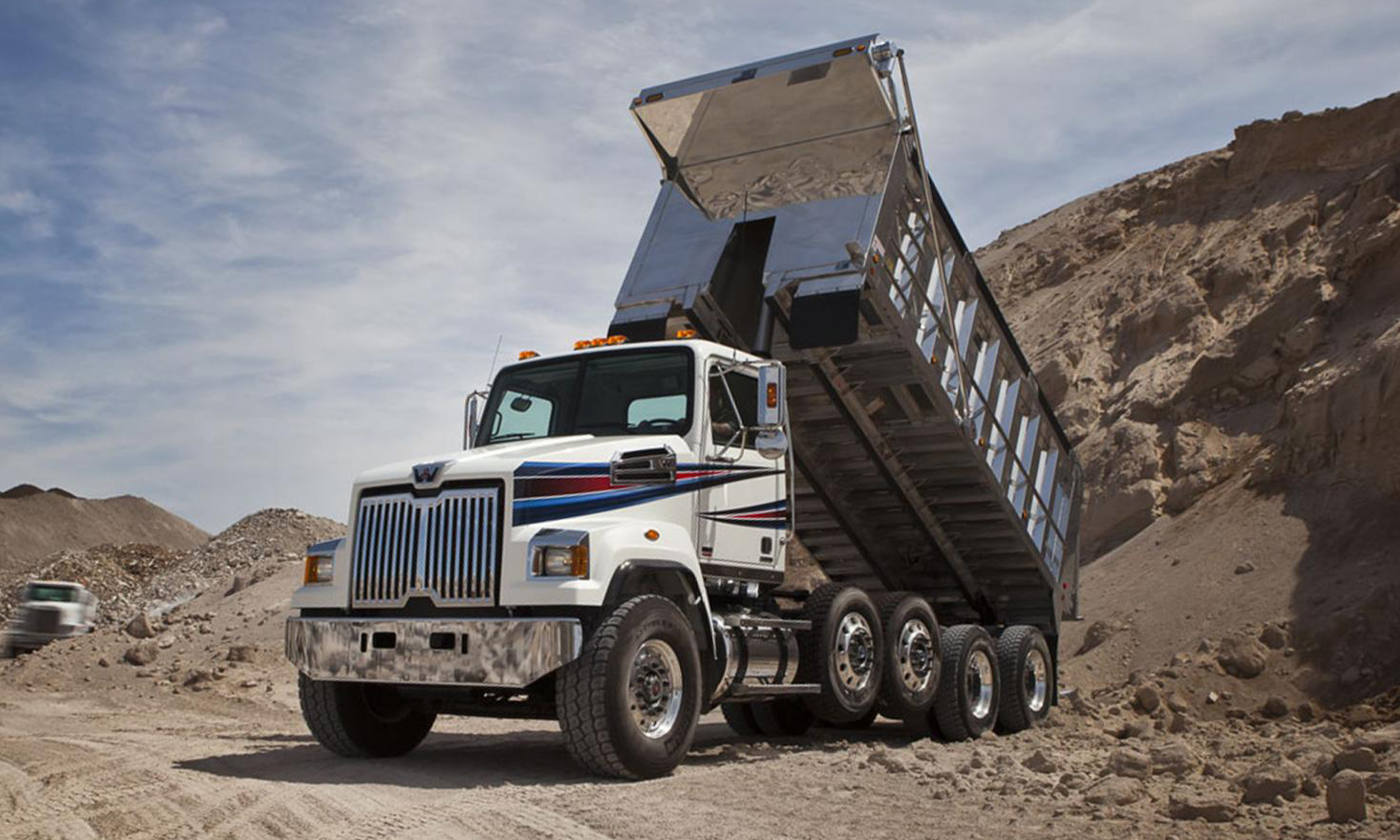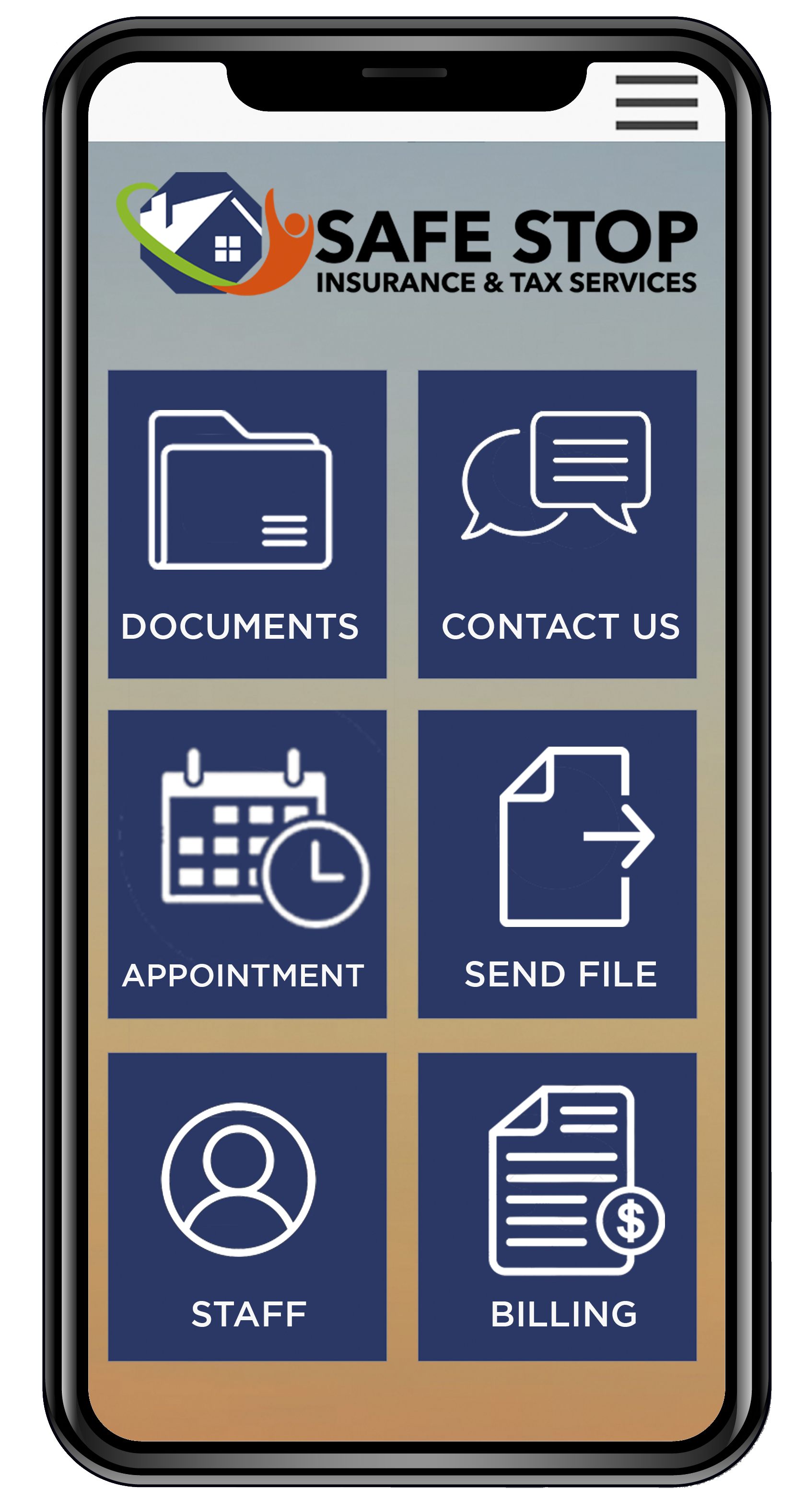Motor truck cargo insurance, as the name suggests, is insurance that is specifically aimed at providing coverage for the cargo your trucks carry. Like truck liability insurance, motor truck cargo insurance is very specific but is a must-have for any trucking company.
The type of motor truck cargo insurance your company will need depends on the type of cargo you haul. Non-perishables may need different coverage from perishable items, for instance. Hauling chemicals or other high-cost items may require greater coverage as well. Border Trucking Compliance can help you decide which coverage fits your company the best.
Physical Damage Insurance
Physical Damage insurance is recommended if you have a loan on your vehicle or if you wish to properly protect your vehicle.
- In the event of a collision, collision insurance will protect you.
- Except for a collision with another car or object, comprehensive insurance will cover practically anything.
- Fire and Theft with CAC insurance is a sort of restricted Comprehensive insurance intended specifically for specific heavy vehicle types.
Physical Damage insurance is almost always necessary if your vehicle is rented. Physical Damage coverage is optional if your vehicle is completely paid for.
Trailer Insurance
offers cheap trailer insurance coverage options to match your needs, whether you operate an 18-wheeler with a dump body trailer or a pickup truck with a utility trailer. The following tractor trailers are covered:
- Trailer for auto hauling
- Trailer for dry freight
- Trailer with a flatbed
- Trailer for utilitarian purposes
- Trailer for bulk commodities
- Trailer for concessions
- Trailer for dry freight
- Tank trailer Pole trailer Refrigerated dry fright trailer
Non-owned Trailer Liability: Protects a trailer when a trucking company pulls a trailer for a different trucking company.
Cargo Insurance for Motor Trucks
The transporter’s liability is protected by motor truck cargo insurance in the case of damaged or lost freight. The coverage is purchased with a per-vehicle maximum load limit. In the event of a claim, not insuring the cargo properly can be disastrous. Make sure you know what co-insurance is. Make certain you’re familiar with the concept of co-insurance.
The freight and commodity transporter bears responsibility for the cargo entrusted to him. Before the shipment is carried, the amount of that responsibility should be clearly specified and recognized by both the shipper and the transporter. This is typically accomplished by a contract, bill of lading disclosure, or stated tariffs. Unfortunately, both sides frequently ignore this level of detail.
Without a doubt, prior to obtaining this insurance coverage, thorough consideration and evaluation are required. Furthermore, you should assess the type of your freight on a regular basis to ensure that the coverage matches your needs.
Risk Factors and Liabilities
If you own a truck for hire, manage a haulage firm, or are thinking about starting a trucking company, you should know why truckers’ insurance is required.
Long-distance truck drivers and transportation companies encounter a number of difficulties that are particular to the sector. As a result, truckers’ insurance is designed to address these issues and reduce risk.
Although your insurance options will vary depending on the trucks in your fleet, the drivers, and the items they are transporting, one thing is certain: you will all require truckers’ insurance.
Trailer Interchange
Insurance that covers a trucking company to pull a non-owned trailer when there is an interchange agreement in place.









